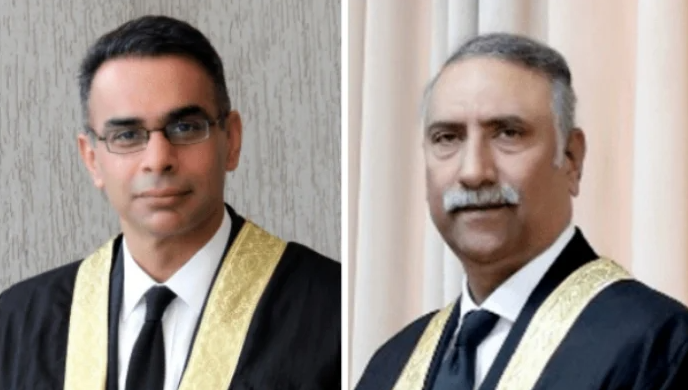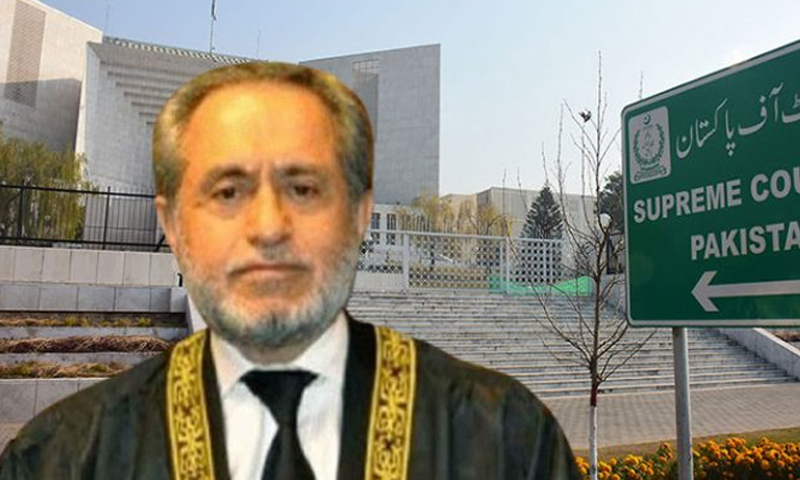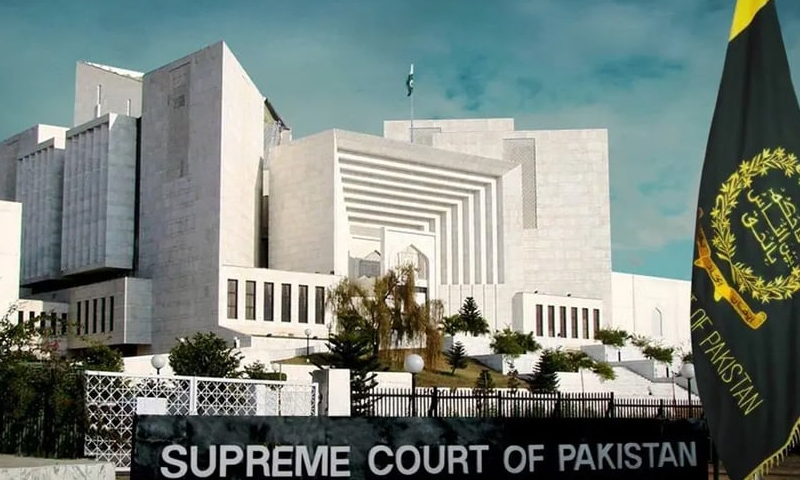LEGAL

Justice Babar Sattar of the Islamabad High Court (IHC) has raised serious legal objections over the recently issued Islamabad High Court Rules 2025, questioning their legitimacy and urging immediate corrective measures.
In a letter addressed to Acting Chief Justice Sarfaraz Dogar and other IHC judges — reported by Geo News — Justice Sattar said that the Rules 2025 were issued in violation of constitutional provisions, particularly Article 208 of the Constitution and the Lahore High Court (LHC) Rules which IHC has previously adopted.
⚖️ Violation of Due Process & Constitutional Articles
Justice Sattar emphasized that:
· Under Article 208, only the Chief Justice and judges of a High Court are empowered to frame rules.
· Per Article 192, the term “authority” for rule-making refers strictly to the CJ and judges — not to any committee or individual.
· The changes were made without a full court meeting, which is against established judicial procedures and the model followed in the Lahore High Court.
He warned that delegating or assuming discretionary powers without explicit legal backing amounts to a violation of a “settled legal principle.”
“This power cannot be delegated or exercised in any other manner unless the law is changed,” the letter read, adding that any such move is “without legal authority.”
🛑 Impact on Judicial Credibility & Employee Rights
Justice Sattar further cautioned that:
· The Rules 2025 could adversely affect the rights of court employees.
· The implementation of such unlawful rules could lead to institutional embarrassment for the High Court.
· Immediate corrective action is necessary to uphold the credibility and legality of judicial governance.
📜 Background: Islamabad High Court Rules 2025
The Islamabad High Court Rules 2025, recently notified in the official gazette, are meant to serve as the procedural and administrative framework for the court. However, questions have now been raised over the process adopted for their approval.
Justice Sattar’s intervention reflects growing concern within judicial ranks over transparency, legal consistency, and the autonomy of judicial processes.




